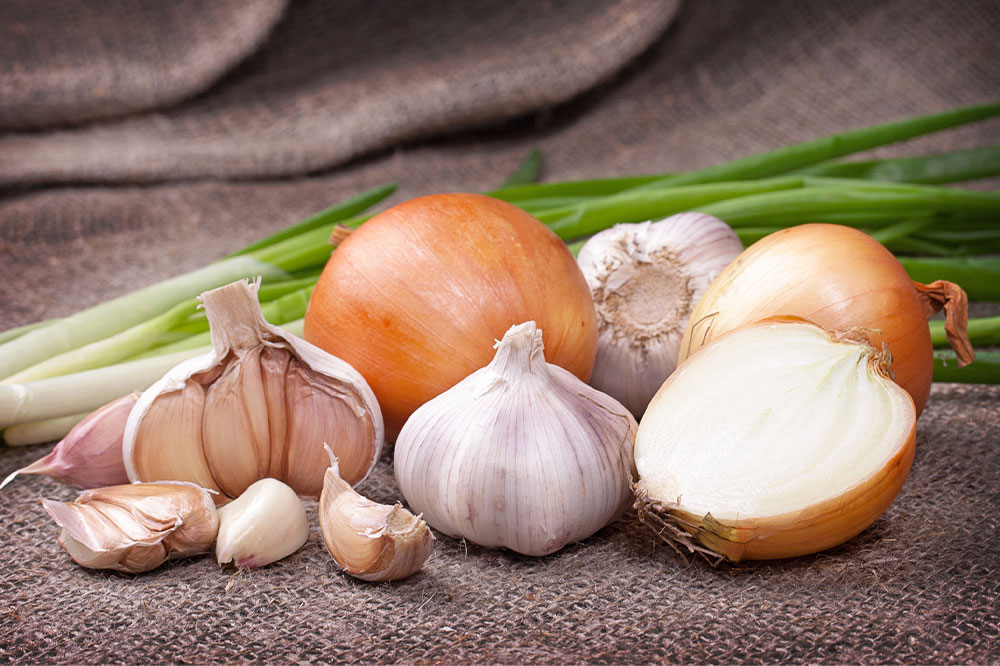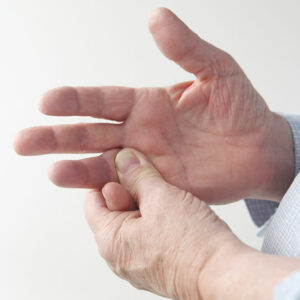3 human foods that are unsafe for cats

It’s common to share your food with your cat. But, many do not know that this gesture of love and affection could actually be harmful to them. Most human foods contain elements that could be toxic to cats and cause serious medical conditions. So, you need to ensure that you do not accidentally feed your cat human foods. To help you, here are a few human foods that you should not give your cats.
Chocolate
Chocolates are one of the most harmful foods for cats, as they contain methylxanthines that are toxic to most animals. This can cause vomiting, diarrhea, seizures, and in worse cases, can even prove to be fatal to cats. Dark chocolates contain the most amount of methylxanthines, whereas white chocolate contains the least. Despite these varying proportions of harmful substances, chocolate as a whole is best left off your cat’s meal plan.
Dairy and dairy products
There is a huge misconception that dairy and dairy products are great for cats. But, in reality, most cats are lactose intolerant, which means consuming dairy could lead to digestive problems and make them ill. Of course, the best thing to do is avoid dairy completely, but you could also ask the vet for a lactose-free alternative.
Citrus fruits
Citrus fruits are filled to the brim with essential antioxidants and vitamins, making them great for humans. But, unfortunately, they are also harmful to your cat for the very same reason. Even small amounts of citrus fruits such as lemons, oranges, and grapefruits can lead to an upset tummy. When consumed in large amounts, your cat could experience vomiting, diarrhea, and other serious medical conditions. Note that all parts such as the leaves, stems, fruits, roots, and seeds of citrus plants can be harmful to your pet.
It is safer to instead rely on foods and treats that are made for cats. Some popular options include the following.
FELINE GREENIES™
FELINE GREENIES™ is a popular cat food brand that focuses on creating cat treats with multiple health benefits. They have dental treats that help maintain oral health, pill pockets that make it easy to give your cat their medication, as well as smart bites for healthy and shiny fur.
American Journey
American Journey offers some of the best cat food in the market. They are completely grain-free and contain 40% protein to ensure that your cat is getting the required nutrients. Popular flavors include turkey, chicken, and even fruits.



